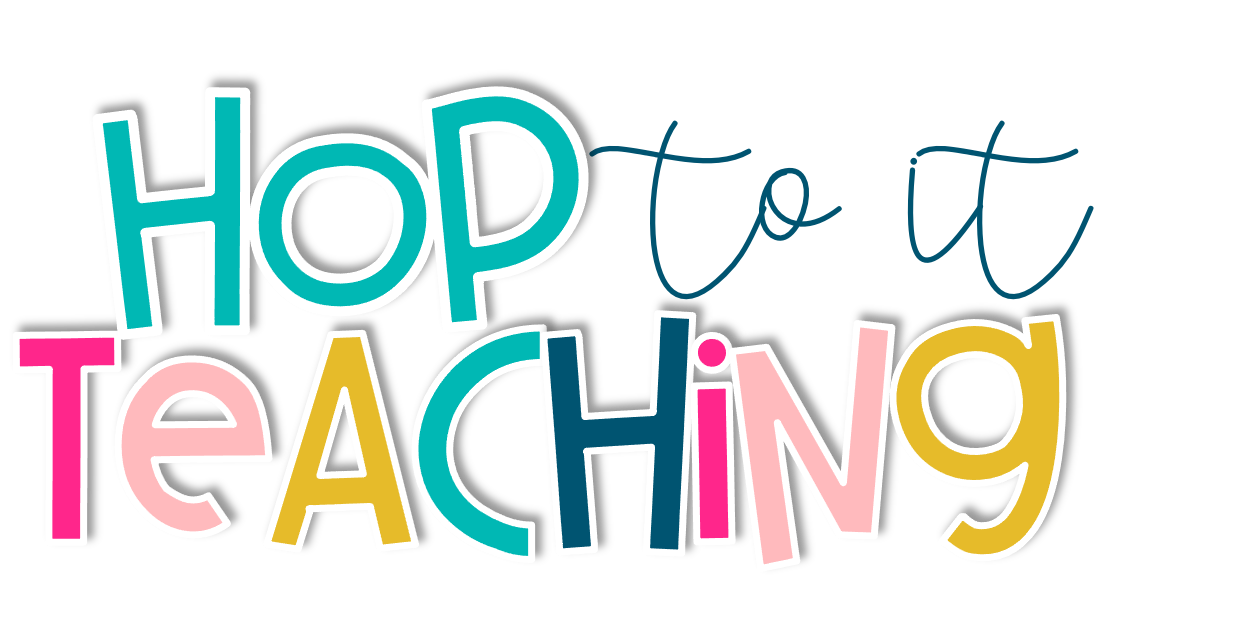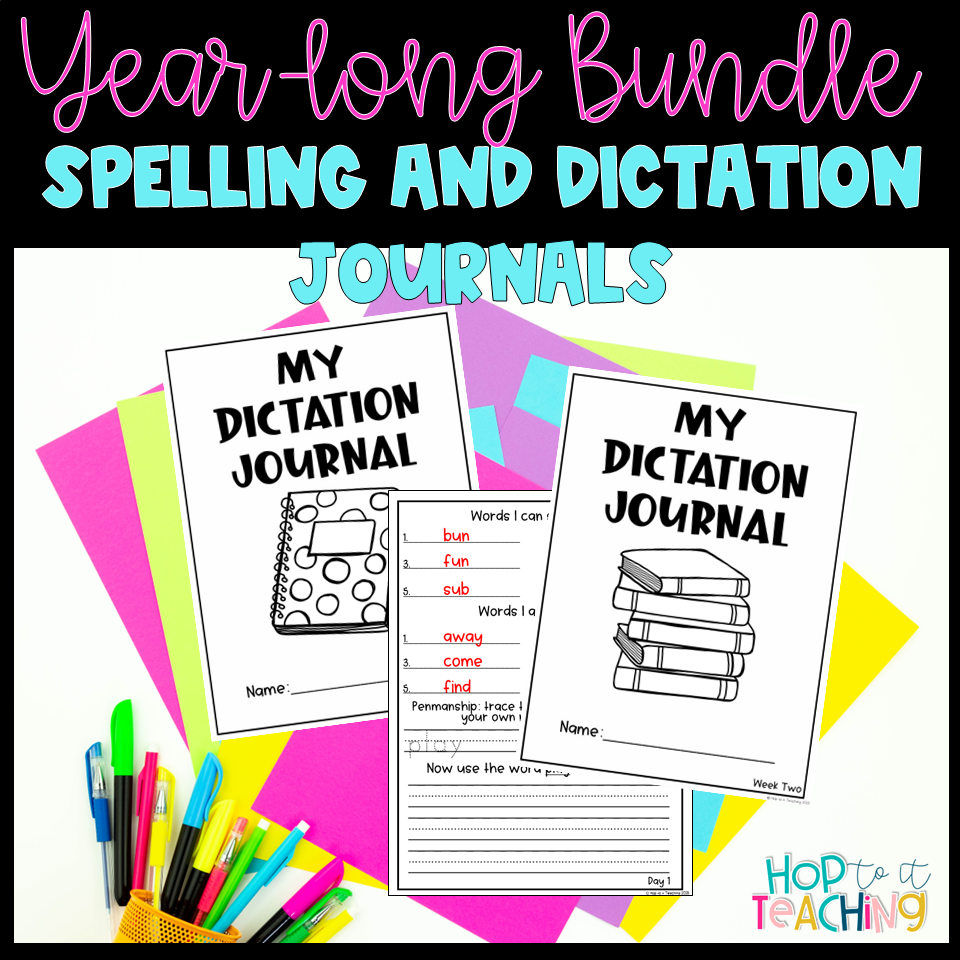If you’re a early childhood teacher (or a parent of a young student), you know how big the leap is from recognizing letters to writing complete sentences. It’s a journey filled with excitement, a few challenges, and lots of learning. One tool that makes this process smoother? Dictation journals. They’re simple, versatile, and oh-so-effective in building foundational literacy skills. Let’s talk about why they’re such a win for first and second graders.
What Are Dictation Journals?
In case you’re new to the concept, dictation journals are notebooks where students write down sentences or words that are dictated to them by their teacher or parent. Sounds simple, right? But the magic lies in how this activity reinforces so many skills at once.
How Do Dictation Journals Help First Graders?
- Reinforce Phonics Skills
Kids are learning to decode words and understand phonics rules, like blends, digraphs, and vowel patterns. Dictation journals help them apply these rules in real-time. For example, if they’ve been learning about the digraph “sh,” you might dictate a sentence like, “The ship is fast.” They’re not just hearing the sound—they’re writing it, too. - Improve Spelling
Spelling can feel abstract to kids, but dictation makes it practical. They’re spelling words in the context of sentences, which helps them see patterns and remember tricky words. Plus, the repetition of writing words over time cements their learning. - Boost Listening Skills
First and second graders are still learning how to listen carefully and follow directions. Dictation journals give them practice with this. They have to listen to the sentence, hold it in their memory, and then write it down. It’s like a mini workout for their brains! - Build Writing Fluency
Writing fluency isn’t just about forming letters—it’s about thinking, spelling, and writing all at once. Dictation journals encourage kids to write quickly and confidently. Over time, you’ll see their sentences flow more naturally. - Encourage Sentence Structure and Grammar
Dictation isn’t just about individual words; it’s also about understanding how sentences work. Kids learn where to put capital letters, how to space their words, and when to use punctuation. These are skills that will serve them well beyond first grade. - Give a Sense of Accomplishment
There’s something powerful about seeing a page filled with your own writing. For first graders, who are just starting to master these skills, it’s a huge confidence boost. They’ll love flipping back through their journals and seeing how much they’ve grown.
Tips for Using Dictation Journals
- Start Simple: Begin with short, simple sentences and gradually increase the complexity as your students’ skills grow.
- Focus on Current Lessons: Align dictation sentences with what your students are learning in phonics or spelling. If you’re working on short vowels, use sentences like, “The cat sat on the mat.”
- Incorporate Sight Words: Mix in sight words to reinforce those tricky-to-spell but frequently used words.
- Make It Fun: Add a creative twist by letting students illustrate their sentences or write silly ones. For example, “The dog did a flip on the rug” is sure to get some giggles.
- Review Together: Take a few minutes to review the sentences as a class or one-on-one. Celebrate their successes and gently correct mistakes.
Why Kids Love Dictation Journals
Kids love dictation journals because they feel like real writers. It’s a chance to show what they know and take pride in their work. Plus, they’re fun! When you make the sentences engaging or let them share their writing, it turns into an activity they look forward to.
Why Teachers Love Them Even More
As a teacher, dictation journals give you insight into your students’ progress. You can quickly spot patterns, like which phonics rules they’ve mastered or where they’re struggling. And the best part? They’re low-prep but high-impact. Win-win!
Ready to Try Dictation Journals?
If you’re not already using dictation journals, give them a shot. They’re an easy, effective way to help first graders build essential reading and writing skills. Plus, they’ll love seeing their growth throughout the year. Who knows? You might just find that dictation time becomes your favorite part of the day, too!


